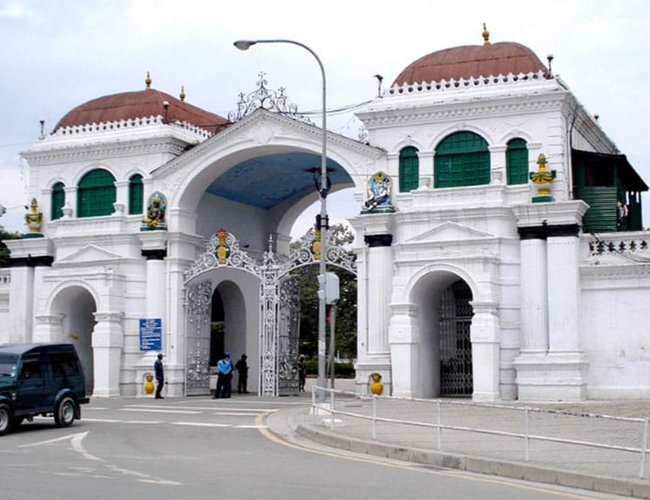
The government has announced relief packages to those affected by the COVID-19. The high-level committee meeting on Sunday brought a relief package across different sectors:
International Borrowing:
The government has decided to borrow more than 22 billion in the form of international loans to avail convenient loans to provide relief packages to people affected from COVID-19. In addition, money for relief packages can be taken from the fiscal budget, provincial government, or the Prime Minister’s Disaster Relief Fund.
The government has decided that local and provincial governments should raise funds and provide relief to workers affected from the lockdown measures taken by the government to prevent coronavirus outbreak.
Nepal Rastra Bank (NRB) has also announced a relief package to the private sector. NRB has made a 19 point instruction, directing the banks and financial institutions not to take any additional charges of interest and penalties during this period.
What’s included in the relief package?
- Consumers who use up to 150 units will get 25 percent discount on their monthly electricity bill. Consumers can pay telephone, water and electricity bills of Falgun and Chaitra month by Baisakh end – no fines will be added.
- Telecom company will provide 25 percent discount in internet and data packs. Private communication service providers should also do same.
- Food Corporation will be offering 10 percent discount on the current price of food items, including rice, flour, lentils, oil, sugar.
- Similarly, driver’s license, route permit and renewal of vehicle permits and licenses have been extended till end of Baisakh. The government has said that no delay fine will be charged during this period.
- The government has requested landlords of urban areas to cancel a month’s rent of workers in unorganized sector. The government has decided to provide one month’s house tax exemption to those who follow this request.
- Private schools up to the secondary level will have to exclude all fees other than accommodation for this month.
- Establishments belonging to or related to the fully closed tourist sector will have to pay workers full daily wages or salary of the month Chaitra. Employers can use the establishment-level welfare fund to pay workers’ wages until the business is operational, and the government will compensate the money to be deposited in the Social Security Fund.
- The government has decided to provide an insurance coverage of NRS 25 lakh to doctors, nurses, ambulance drivers and security personnel – the front line deployed to prevent an outbreak of coronavirus infection in Nepal. The insurance will cover health workers and security personnel until end of Ashar(15th July, 2020). Personal Protective Equipment (PPE) will also be made available to health workers for free of cost.
- Businesspeople can pay the price increase and income tax by Baishak 2077. Likewise, the government has decided to reduce the contribution for the coronavirus treatment fund to taxable income.
- The government has also decided to register those who couldn’t go abroad despite holding labour approval from Department of Foreign Employment or foreign-returnees to the employment center through the local level and will be added in the Prime Minister’s Employment Program.
- Imports of vehicles worth over $ 50,000 (NRS 6 million) have been banned. Similarly, imports of liquor, pepper, betel nut, dates and peas have also been banned while daily import of gold has been reduced from 20 kg to 10 kg.
- It has been decided to add one month time to all purchase agreements made prior to the lockdown. The package states that the bank guarantee will be valid till one month after lockdown ends without any fine if the bank guarantee ends in Chaitra




